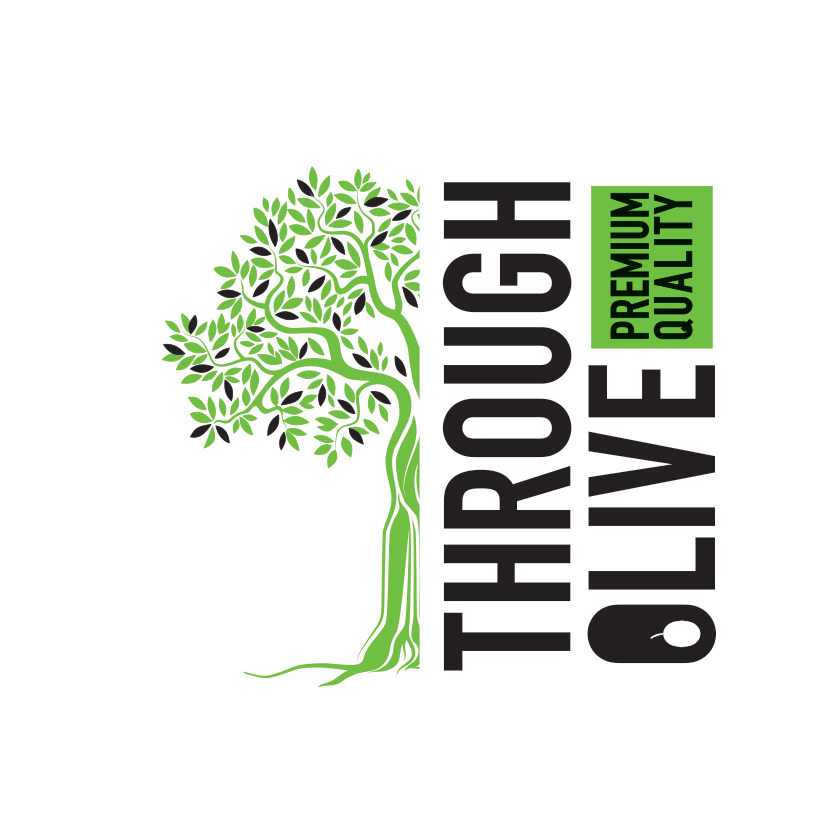
How to Buy and Use Extra Virgin Olive Oil
Check the label for a seal from the International Olive Oil Council (IOC), which certifies the type of oil used.
Prefer olive oil that comes in a dark glass bottle that can protect light from entering and damaging the vulnerable fatty acids. A dark bottle that is green, black, etc., protects the oil from oxidation and becoming rancid. Avoid oils that come in a plastic or clear bottle.
Look for a harvesting date on the label to know that the oil is still fresh. As long as an unopened bottle of olive oil of good quality is stored away from heat and light, lasts for more than two years since the date it was bottled. Once the bottle is opened, it should be used within a few months. However, keep it in a cool and dark place.
Also keep in mind that a way to understand if you have a quality product is to see if it solidifies when it's cold and refrigerated. This has to do with the chemical structure of the fatty acids. You can put it in the refrigerator and it should become cloudy and thicken but if it remains liquid then it's not pure extra virgin.
When it comes to cooking you're better off using other stable oils or fats instead of olive oil to avoid eating rancid oil. Extra virgin olive oil is ideal for drizzling over vegetables or using in salad dressings or dips.
To make a quick and tasty dressing for your salad or vegetables, combine it with several tablespoons of balsamic vinegar and a small amount of Dijon mustard. You can also roast, sauté or steam vegetables and then add seasoning and olive oil.



